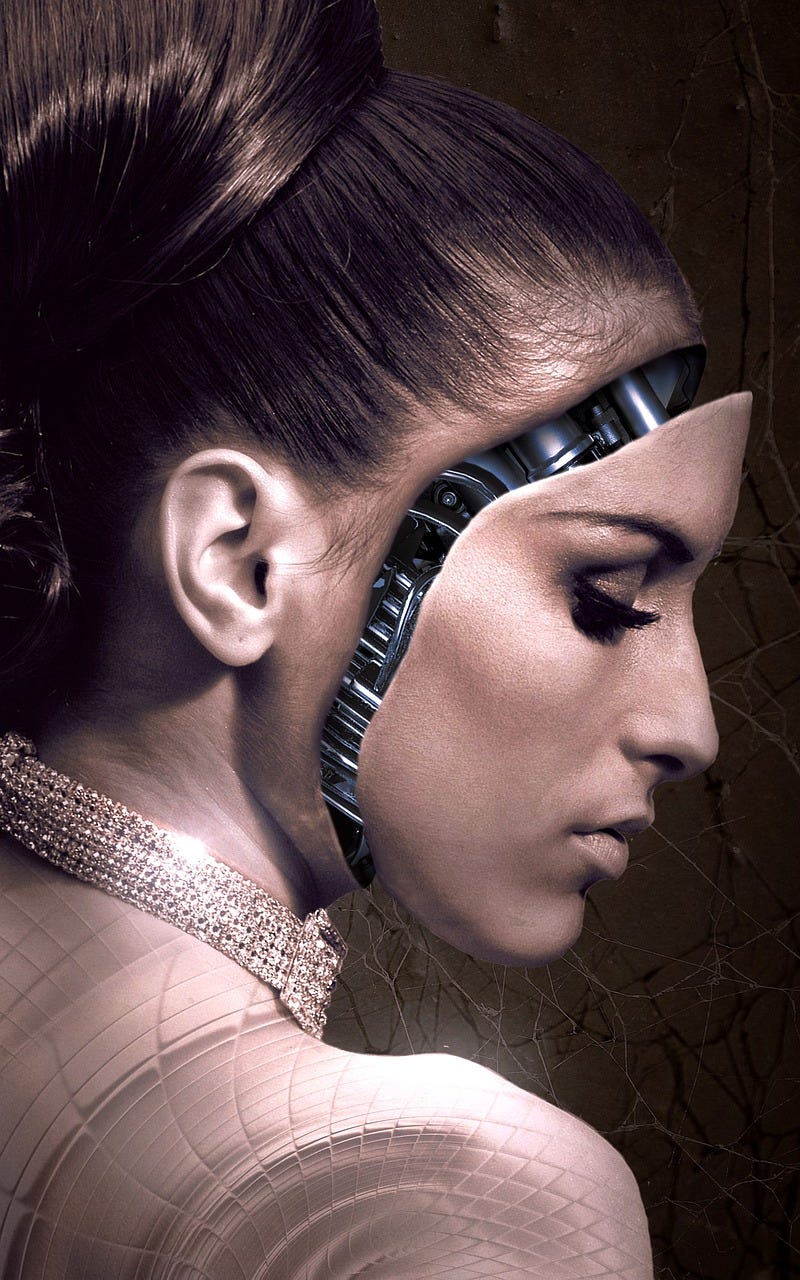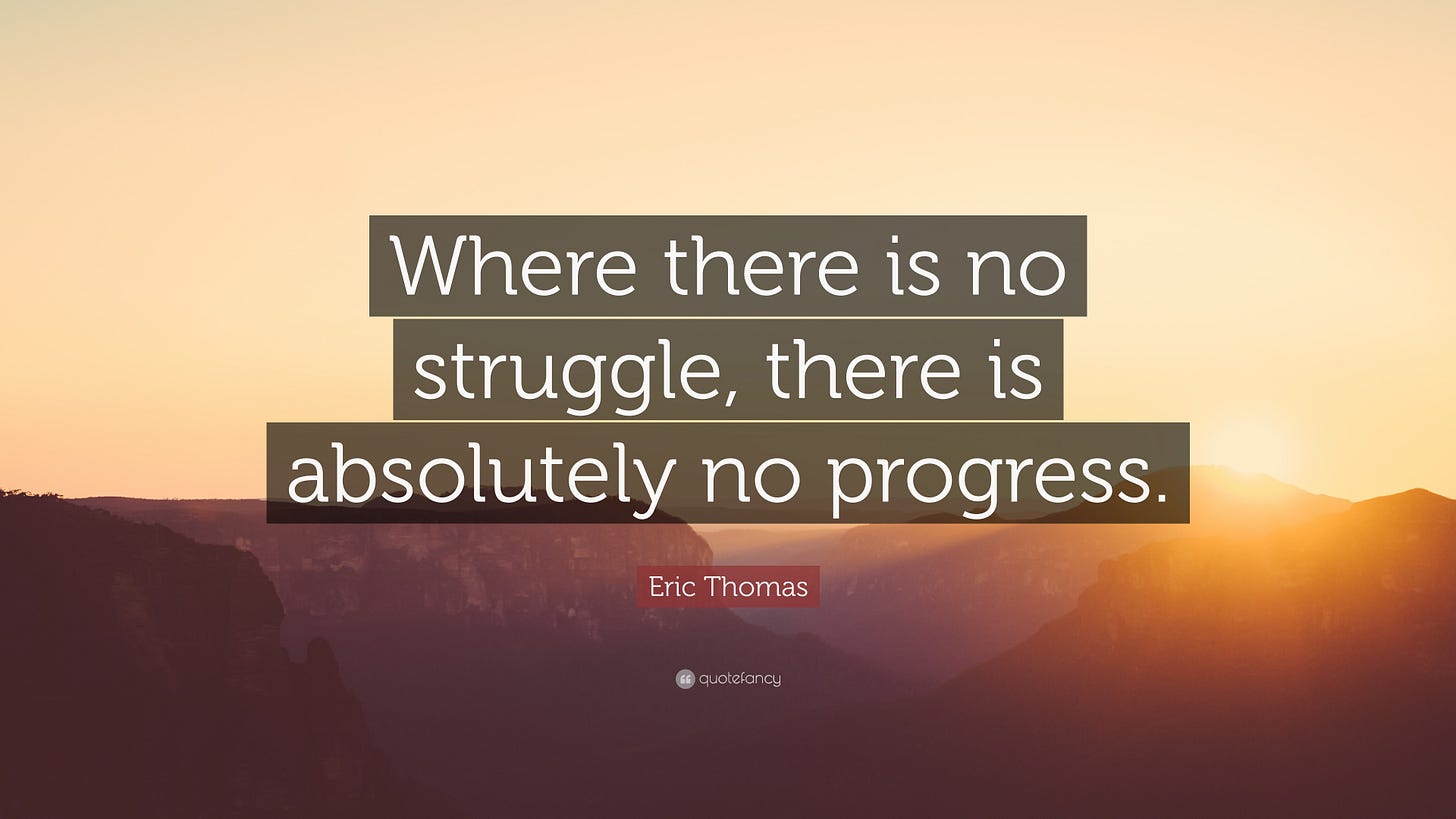
When I was engaged in formal studies, one of the subjects I studied was poverty. An enduring memory is the concept that poverty is relative. By this, the instructor meant that how you feel about how wealthy or not you are is more dependent on where you sit relative to others in your social grouping, rather than the size of your bank balance. Many research studies back this up and it makes sense if you think about the many publicly wealthy people who don’t appear to think they ever have enough, even if they possess more money than the GDP of some countries. Other sociological studies demonstrate that even communities that appear to be mired in an apparent lack of resources may rank higher on a happiness index than wealthier communities.
It’s not just money and resources this applies to, but other aspects of our lives as well.
Dealing with the body you were given
There is very little in this world that is as perfect as a new baby. That soft, smooth skin, that scrunched up tiny face, that downy hair (or not!)… Every baby presents as a new start, an unlimited future.
And every mother thinks that her baby is the most beautiful creature she has ever seen. I know that I did when my first baby was born. Well, until I looked again at those pictures years later and realized that um, my baby was actually quite ordinary by baby beauty standards. I believe that every baby born deserves at least one person who thinks that he or she is the most incredible baby ever. After all, for most of us this is going to be an ongoing relationship that is going to have to withstand some friction and strains and sometimes those memories of perfection are going to be needed to carry us through.
As our children grow into themselves, parents have to cope with letting children grow away from us and make alterations to that “perfection” that perhaps only we can see. Whacky hair styles and color choices are easy to live with as they are not permanent or inherently harmful, but there is a reason why most countries put an age limit on getting a tattoo. Not many adults would be happy with a large heart and the name of a long forgotten ex-partner from when we were 15 years old inked permanently on our skin.
Regulations around this and other issues such as alcohol consumption, driving and the age of consent for sexual intercourse are for protecting young people from decisions they lack the cognitive skills to measure properly.
But some children and teens are now encouraged to find not just personalized ways of expressing themselves and fitting in with their peers through piercings, fluorescent hair and off the wall clothing choices, but by rejecting the only thing that centers them here: their very bodies.
What happens when you are “born in the wrong body”?
The main effect of believing that you somehow mysteriously landed on earth with an incorrect body is that you fail to feel grateful for the body you have.
It is a normal phase of human development for children and young people to fantasize and make up other worlds. I constructed an entirely new life for myself while walking to and from school and I enjoyed playing the “what if” game with my own children when they were small. In every human society, preschoolers playing tea parties with their toys or copying other adult activities are a universal phenomenon.
People who believe that children “know themselves” to be in the wrong bodies are teaching them that they can only be dissatisfied with who and how they are and that they are not good enough the way they actually are.
Where does this dissatisfaction come from? It can’t be innate as human beauty standards are clearly cultural as anyone who has done any traveling can attest. What is considered acceptable varies widely across differing cultures and even through different times. We watch quite a few US made movies from the 1930s and 40s and I always note that any musicals that feature a line of dancing chorus girls use women who would not even get an audition now, because they would be considered “too fat” and there is not an augmented breast in sight.
Children respond to the adults around them. I suggest that children can’t appreciate the wonders of their bodies if those around them are questioning the very validity of those bodies. Girls who like to climb trees are not “really” boys and boys who want to spend their time in the doll’s corner in preference to the construction table are not “really” girls. These are externally applied standards that only cause harms when they are internalized, with the feeling they must be acted on.
It must be a terrible thing for children to believe that those around them feel that they are “wrong” as they are.
The devastating effects on children
Rejecting the ‘rightness’ of your own body can lead to devastating effects, particularly for children as they lack the perspective of adult experiences.
In a previous post, I wrote about a girl who was so dissatisfied with her life that she went about systematically destroying and re-inventing herself completely. From her name to her body, she attempted to reconstruct herself to be something she wasn't (and never could be) and in the end she died as a direct result of believing that her body and her very being as a woman were wrong.
Think of what her future might have been if the adults around her (including the veritable army of health professionals who profited from her mental distress) had encouraged her to reframe her disordered thinking and redirect her attention from everything that was ‘wrong’ with her body to everything that her wonderful body could do. Her death was tragically unnecessary, but the process of getting there was fully supported by those who provided her with “gender affirming care”, while what she never had was sufficient affirmation of herself as a girl or the support to help her through what was clearly a difficult phase of her life.
By trying to fruitlessly change her body into a man’s, she missed the consequent pleasures of coming to terms with herself as a woman, which cut off any possibility of being grateful for everything this may have given her, including her actual life.
Gratitude and thankfulness are foundational building blocks of positive mental health.
Gratitude has been shown to be a positive factor in maintaining good mental health. It is a tool to add to your arsenal to help you cope with depression and anxiety throughout the life course.
Another thing that adults need to operate successfully in the world is resilience. Telling children that ‘your defective body can be fixed’ is the opposite of what children need to develop resilience. Resilience is like building muscle; little by little. Doing things that are hard but get easier with repetition is a way to gain the self-sufficiency that is expected of adults.
Short periods of stress help to build resilience, but the long-term results of high levels of cortisol contribute to inflammation and chronic ill health. Taking on a trans identity is a guarantee of continuous stress as you attempt to achieve the impossible, while at the same time you are at the mercy of your ‘audience’ who, if they aren’t continually reinforcing your confusions, add more stress to your life.
The people that I most admire, who have left the largest possible positive legacy for the world are not those who have been born into an easy life.
Those who spend their entire lives devoted only to themselves and some mythical image of their own bodily perfection are not demonstrating any sort of thankfulness for the lives they have. They are indulging in a luxury that most people do not share. Women living in Afghanistan have been rendered functionally invisible. They do not have the privilege of believing that their bodies are wrong and every day they survive is a demonstration of a particular sort of courage that most of us never need to find.
No man is an island - John Donne
The first stanza of this famous poem is:
No man is an island,
Entire of itself;
Every man is a piece of the continent,
A part of the main.
People who are secure in themselves know this intrinsically. Those who only ever think about themselves are often miserable because true happiness is found in considering others. First your family, then your greater society. Finding your place can help you to feel thankful for what you have and the realization that that there is always someone who is worse off creates an empathy for others. Focusing only on her own plight for over a decade cut short a young woman’s life not just literally, but metaphorically as well. When she could have been creating a wonderful life for herself as a young woman, she lost the only life she had.
I have previously written about how an authentic sense of self is pivotal to achieve a fully lived life.
Adults who encourage and celebrate children’s unhappiness with their sexed bodies are perpetrating great harms and injustices against children because they are cementing in confused and delusional thinking and making them promises that cannot be kept.
Agreeing with those who have bought into a faulty belief system that tells them that external changes are an easy fix for complex problems is just plain wrong. There is never a “wrong” body for any of us.








Excellent! "Telling children that ‘your defective body can be fixed’ is the opposite of what children need to develop resilience." How did we go the wrong way on this?
And, “The main effect of believing that you somehow mysteriously landed on earth with an incorrect body is that you fail to feel grateful for the body you have.”
It is time to correct this ungrateful, cognitive distortion that medicalizing the body is acceptable and should be celebrated. The body is not the problem!
So well explained and compassionate. Thanks Lucy. I grieve for all those young women who are being so cruelly misled and will never discover the wonders of their female bodies and the joy of nursing a newborn.